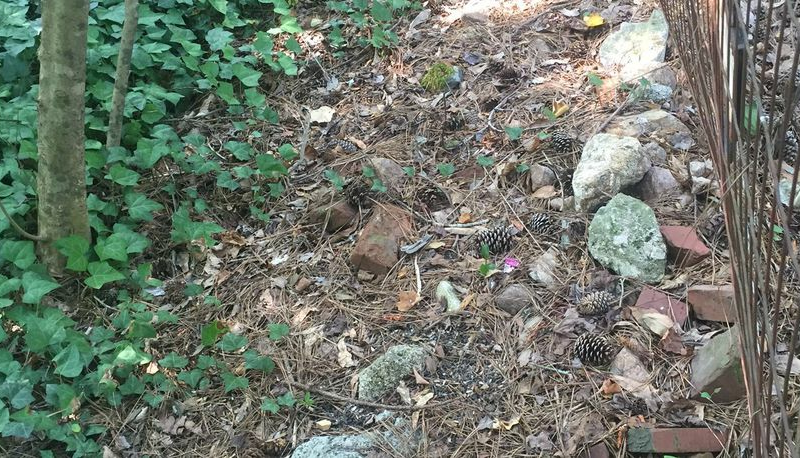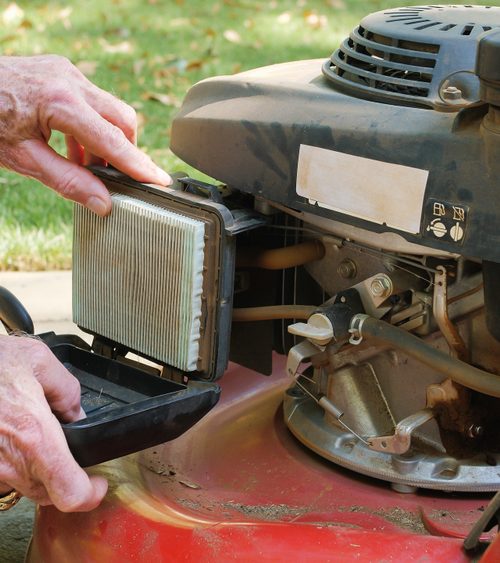By Walter Reeves, For the AJC
Troy Warren for CNT #HomeGarden
Q: I am covered up with English ivy. I have cut vines on the trees but is it safe to spray the ivy on the ground around my pine trees with glyphosate without harming them? Joel Jackson, email
A: Glyphosate (Roundup, etc.) has an extremely high ability to bind to soil particles. Once bound, it is broken down by bacteria in the soil before it travels to underground roots. Exposed tree roots can pull in a small amount of chemical, but as long as the spray doesn’t hit too many of the roots, no harm will be done to the tree.
Q: While pruning my shrubs, I removed a couple of praying mantis egg sacs, but I see more. How do I relocate them so they hatch in the spring? Patrick Ketcham, email
A: Just use a razor knife to carefully cut the egg cases from the branches. Use thread to tie each one to a branch of a dogwood or redbud. Put them 10 feet apart in your landscape so as to minimize conflict among the hatchlings. If you don’t damage the cases, mantis babies will emerge in spring, never knowing they were transplanted.
Q: I was having a guy manage my centipede lawn, but after a treatment killed half my lawn, I decided to try it myself. Should I be doing anything now? Debbie Hipps, Henry County
A: Centipede grass has a reputation for being hard to manage, but that image is ill-deserved. I think trouble arises when managers try to do too much. Centipede care is the opposite of Bermuda grass or fescue. It thrives under less care, not more. To that end, your first step is to download the appropriate lawn care calendar and cultivation factsheet from bit.ly/lawncalendars. Note that a mowing height of less than 2 inches is best for centipede grass. Fertilizer is applied only twice per year. Using a preemergent incorrectly can easily cause centipede decline. If you understand and follow my directions, I feel sure you can have a centipede lawn that will be the pride of the neighborhood.
Q: Would a hazelnut tree grow in Atlanta? Chuck Rigdon, Lithia Springs
A: It is not a hazelnut tree but American filbert, Corylus americana, is a reasonable facsimile. The nuts are similar and eminently edible. You’ll have a hard time finding American filbert for sale, so I’ve gathered a list of local and online nurseries where you can inquire about it: bit.ly/GAfruitsource.
In Other NEWS



































